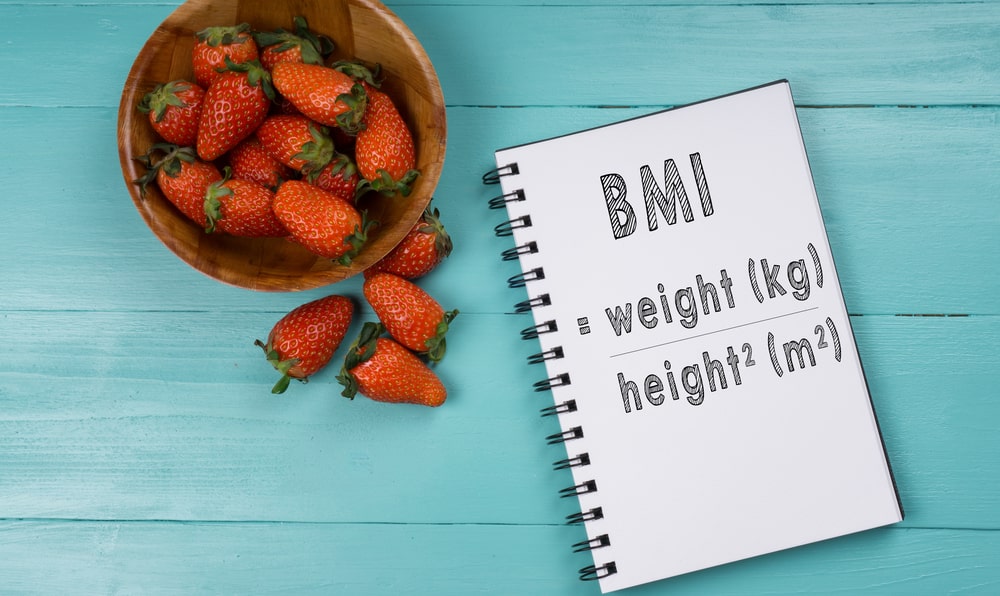What BMI Do You Need for the Fertility Treatment ?
Understanding Bmi And Fertility
When it comes to fertility, a person’s Body Mass Index (BMI) can play a significant role. BMI is a measure of body fat based on a person’s weight and height. Understanding how BMI can impact fertility is important for those who are trying to conceive.
Having a healthy BMI is crucial for both men and women when it comes to fertility. For women, having a BMI that is too high or too low can lead to irregular menstrual cycles, which can affect ovulation. In men, obesity can lead to a decrease in sperm quality and quantity, making it more difficult for a couple to conceive.
It is important for individuals who are trying to conceive to strive for an optimal BMI range. For women, a BMI between 18.5 and 24.9 is considered ideal for fertility. For men, a BMI between 20 and 25 is recommended for optimal reproductive health.
Importance Of Bmi In Fertility Treatment
When it comes to fertility treatment, many factors play a role in determining the success of the procedures. One important factor that often goes overlooked is the BMI (Body Mass Index) of the individual undergoing fertility treatment. BMI is a measure of body fat based on height and weight, and it can have a significant impact on fertility and the success of fertility treatments such as in vitro fertilization (IVF).
Having a healthy BMI is crucial for both men and women when it comes to fertility. Studies have shown that individuals who have a BMI that falls within the healthy range are more likely to have successful fertility treatment outcomes compared to those with a higher or lower BMI. A healthy BMI can improve the chances of successful conception and lower the risk of miscarriage, as well as other pregnancy complications.
For women, having a BMI that is too low or too high can disrupt normal ovulation and menstrual cycles, making it more difficult to conceive. Additionally, high BMI can lead to insulin resistance, which can affect hormone levels and ovulation. On the other hand, low BMI can lead to irregular menstrual cycles and anovulation. Likewise, for men, an unhealthy BMI can lead to a decrease in sperm quality and quantity, thereby affecting fertility.
Ideal Bmi Range For Fertility
When it comes to fertility, many factors can impact a person’s ability to conceive. One of these factors is Body Mass Index (BMI). BMI is a measure of body fat based on a person’s height and weight. Having an ideal BMI range for fertility can greatly improve a person’s chances of getting pregnant and having a healthy pregnancy.
For women, having a BMI that falls within the ideal range can help regulate menstrual cycles and ovulation. It can also improve the success rates of fertility treatments such as in vitro fertilization (IVF). On the other hand, having a BMI that is too high or too low can negatively impact fertility, increasing the risk of infertility and pregnancy complications.
It is important to note that BMI is just one of many factors that can impact fertility. However, maintaining a healthy BMI through a balanced diet and regular exercise can significantly improve a person’s overall reproductive health.
Effects Of High Bmi On Fertility
When it comes to fertility, the impact of body mass index (BMI) cannot be understated. High BMI can have significant effects on a person’s fertility, making it important to understand the potential challenges that individuals with a high BMI may face when trying to conceive.
One of the main effects of high BMI on fertility is an increased risk of ovulatory disorders. Research has shown that women with a high BMI are more likely to experience irregular menstrual cycles, which can make it more difficult to determine the most fertile days of the menstrual cycle. This can, in turn, make it more challenging for these women to conceive naturally.
Additionally, high BMI has been linked to a higher risk of conditions such as polycystic ovary syndrome (PCOS), which can further impact fertility. PCOS is a common cause of infertility and is characterized by hormonal imbalances, irregular periods, and the presence of small cysts on the ovaries. Women with high BMI are more likely to develop PCOS, making it important for them to seek fertility treatment if they are struggling to conceive.
Effects Of Low Bmi On Fertility Treatment
When it comes to fertility, many factors can play a role in a person’s ability to conceive. One such factor that often gets overlooked is a person’s BMI, or body mass index. BMI is a measurement of body fat based on a person’s height and weight, and it can have a significant impact on fertility.
Low BMI, often indicative of being underweight, can have detrimental effects on a person’s fertility. For women, having a low BMI can lead to irregular menstrual cycles and ovulation, making it more difficult to conceive. Additionally, a low BMI can lead to hormonal imbalances, which can further impact fertility. For men, low BMI can also affect fertility by impacting the production of healthy sperm. This can lead to lower sperm counts and decreased sperm motility, making it more difficult to achieve pregnancy.
For individuals who are undergoing fertility treatment, having a low BMI can also impact the success of these treatments. Studies have shown that women with a low BMI may have a decreased response to fertility medications, such as those used in assisted reproductive technologies like IVF. Additionally, low BMI can also impact the success of fertility treatments such as embryo implantation and pregnancy rates.
Tips For Achieving Optimal Bmi For Fertility
When it comes to fertility, a healthy BMI plays a crucial role. Both high and low BMI can have negative impacts on fertility, so it’s essential to achieve an optimal BMI for those trying to conceive. If you are struggling to reach your ideal BMI for fertility, there are a few tips that can help you on your journey.
First and foremost, focus on maintaining a balanced diet. Incorporate plenty of fruits, vegetables, whole grains, and lean proteins into your meals. Avoid processed foods, sugary snacks, and excessive amounts of unhealthy fats. A well-rounded diet can help you reach and maintain a healthy BMI for optimal fertility.
Next, prioritize regular physical activity. Aim for at least 30 minutes of moderate exercise most days of the week. This could include brisk walking, swimming, cycling, or any other form of exercise you enjoy. Staying active can help you manage your weight and improve your overall health, which is essential for achieving an optimal BMI for fertility.




